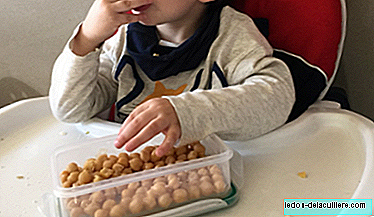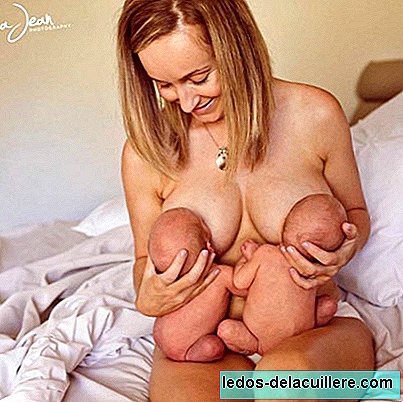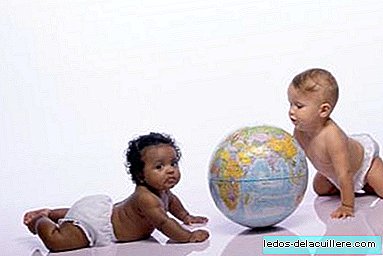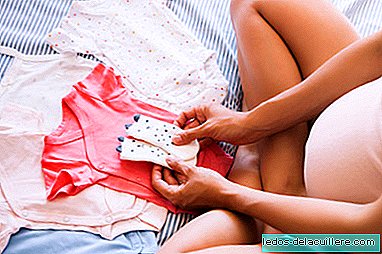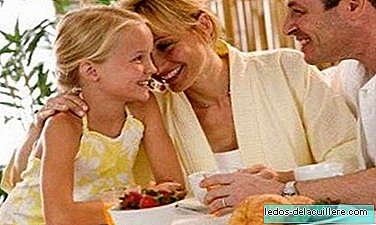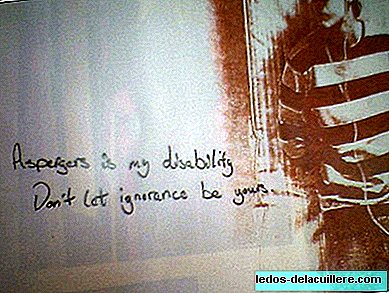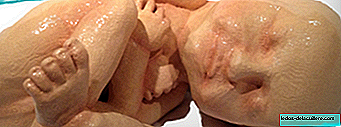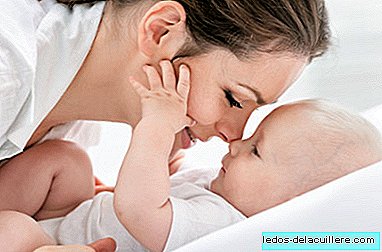
Maternity age has been delayed in recent years due to a variety of reasons, including lack of job and economic stability. According to 2013 data from the INE (National Institute of Statistics), the average age of first-time mothers in Spain is 32.2 years and 30% of women have their first child with more than 35 years.
However, experts consider that it is not the most suitable age from a physiological point of view. The best age to be a mother (in biological terms) is 25 years old.
The physical conditions are not the same at 20 than at 40, it is clear. At 25, or extending the margin, between 20 and 30 years the most favorable conditions for conceiving, begetting and giving birth to a child are given to women.
The eggs, like the rest of the body's cells, also age, causing the chances of becoming pregnant to decrease with age. A woman in her 20s who is trying to get pregnant on her fertile days has a 25% chance of getting it, from age 30 she has 15%, from age 35 the possibilities decrease to 8%, while that after 38 years, there is only a 3% chance.
Apart from the difficulty in conceiving, the years also weigh in pregnancy. After age 35, there are greater risks in pregnancy and childbirth. The chances of complications during pregnancy, risk of abortion and chromosomal abnormalities in the baby increase.
From the age of 40, gestation generates a greater overload in organs such as the pancreas, liver, etc., increasing the possibility of suffering diseases that affect pregnancy such as gestational diabetes, hypertension, etc.
Although living conditions have been delaying the biological clock of women, the best biological age to be a mother is 25 years old.
But I wonder, does the desire to be a mother wake up just past 30, or do most women want to be a mother before? What prevents women from being a younger mother?


